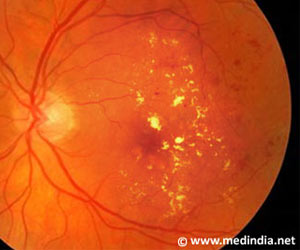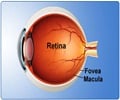With over 200,000 open globe injuries occurring around the world, ocular trauma, which causes the open globe injury, remains an important cause of vision loss

Researchers performed a retrospective review of 1,036 consecutive OGIs evaluated by the Eye Trauma Service of the Massachusetts Eye and Ear from Feb. 1, 1999, to Nov. 30, 2011. A total of 143 charts were unavailable for review or incomplete and so were excluded from analysis, yielding a total cohort of 893 eyes. Open globe injuries were treated urgently at presentation. After open globe primary repair, patients were admitted for 48 hours of intravenous antibiotics.
Demographic and clinical data from these 893 charts were entered into a database. Variables included were age, sex, date, time and place of injury, mechanism of injury, initial clinical findings, date and time of open globe repair, ocular trauma score, zone of injury, date of retinal detachment diagnosis, date of retinal detachment surgery, and last date of follow-up (censoring date).
Patients who developed retinal detachment were older (mean age, 46 vs. 38 years; P < 0.0001), had a poorer median visual acuity (light perception vs. 20/400; P < 0.001), were less likely to have a visual acuity of ≥20/200 (1.6% vs. 43%; P < 0.001), were more likely to have an afferent pupillary defect (34% vs. 8%; P < 0.001), and were more likely to have vitreous hemorrhage (85% vs. 32%; P < 0.001) compared with patients who did not develop RD. In both groups, most patients were male (78% vs. 80%; P = 0.65).
"We took this information, along with other variables, and created the Retinal Detachment after Open Globe Injury (RD-OGI) score," said Dean Eliott, M.D., senior author, associate director of the Mass. Eye and Ear Retina Service and Stelios Evangelos Gragoudas Associate Professor of Ophthalmology, Harvard Medical School. "After prospective validation with independent cohorts, the RD-OGI score may be useful to help the ophthalmologist predict which patients are at higher risk for retinal detachment after open globe trauma."
Advertisement












